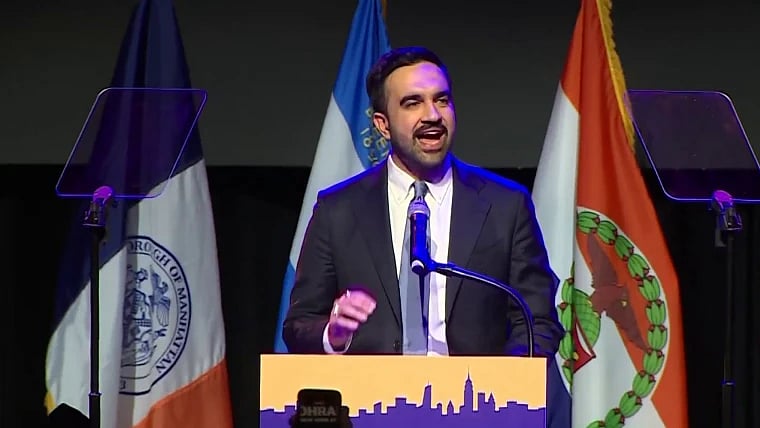Partisan politics, nay pernicious politics corrodes everything it touches. Practitioners of such politics, and who isn’t in the highly divisive polity, do not even pause to think the terrible result of their selfish conduct. Even if it impinges on the future of millions of school-going children. The case in point is the on-going sparring between the Centre and the three Opposition-ruled states over the release of funds under the Samagra Shiksha Abhiyan (SSA), the Centre’s flagship school education programme. The decision of the West Bengal, Punjab and Delhi governments not to participate in the Pradhan Mantri Schools for Rising India (PM-SHRI) scheme had led the Union Education Ministry to stop the allocation of funds to these states. Under the scheme, Rs 27,000 crore was earmarked for the next five years, with the Centre providing 60% of the funds and the concerned State 40% for the upgrading of 14,500 government schools. The objective was to make these upgraded model schools as an exemplar for other schools in the implementation of the National Education Policy, 2020. Each state keen to participate in the scheme was required to sign a memorandum of understanding with the Education Ministry. While most NDA-ruled states have signed the memorandum, Tamil Nadu and Kerala have dragged their feet, though now there are indications that they might fall in line. However, the West Bengal, Punjab and Delhi governments have flatly refused to sign the memorandum, causing the Centre to stop the release funds. The three states have not received SSA funds since last October. As a result, Delhi claims it has not received about Rs 330 till the first quarter of 2024-25, Punjab Rs 515 and West Bengal close to Rs 1,000. The correspondence between the three states and the Centre reveals that the main sticking point is that while the states are desperate to get their hands on the central funds but are adamant on not prefixing “PM-SHRI” in the names of schools covered under the SSA. The idea being that since these schools eventually are supposed to become role models for other schools in respective states such a name will mark them out from all others. However, the chief ministers of these states are loath to give credit, even perfunctorily, to the PM, such being the level of distrust and confrontation between the Centre and the states. The irony is that the AAP governments in Delhi and Punjab were quick to re-name the pre-existing schools and health centres in order to claim as if these had been established by them. On surface, the tussle between the Centre and the states would seem petty, especially considering the future of tens of thousands of school-going children was at stake. But for them what was at stake was the hoary principle which says that he who pays the piper calls the tune. Even if the funds available with the Centre and the states come from taxes paid by the general public, ruling politicians be it in the states or at the Centre automatically claim personal ownership, making financial allocations sound like a favour rather than a right. This is unfortunate but true.
At all levels of government from the panchyat upwards to the prime minister there is an innate tendency to claim credit for allocations made for projects and programmes in their official capacity. AAP in Delhi and Punjab made tall claims about overnight improvements in school education and in running primary health centers even though it had merely indulged in re-naming existing institutions. In West Bengal, Mamata too would want to take credit for whatever improvement is possible in the school-system in the anarchy-ridden State. But for the sake of the school children she was unready to add two words before the select number of government schools. It is really unfortunate that on such a serious matter about children’s education the Centre and the states should have adopted a confrontational attitude. Even the findings of a recent Annual State of the Education Report did not seem to have persuaded them to treat education above partisanship of any sort. The ASER report found that 26% of the 14-year-old schoolchildren were unable to read text in their own regional language meant for Class II students. Over half of the 14-to-18-year-olds failed to do division of three digit sums by a single digit. The malaise is seen among a large percentage of graduation and post-graduation students as well. A system that emphasises rote learning and examination-taking cannot produce Einsteins, can it? Therefore, even a small effort meant to improve educational instruction at the primary and middle levels ought to be welcomed. It is futile for the Centre to expect that in the larger interest of students the state governments concerned would come off their high horse. It is for it in a true spirit of cooperation that it release the withheld funds. The Centre should show goodwill even if the states are cussed enough to eat their cake and have it too. At stake is not the prestige of the politicians involved but the future of young students. For their sake, Centre can release the funds, thus, shame the respective chief ministers of the three Opposition states. The standoff over SSA funds reveals the threat to federalism also comes from the states.





